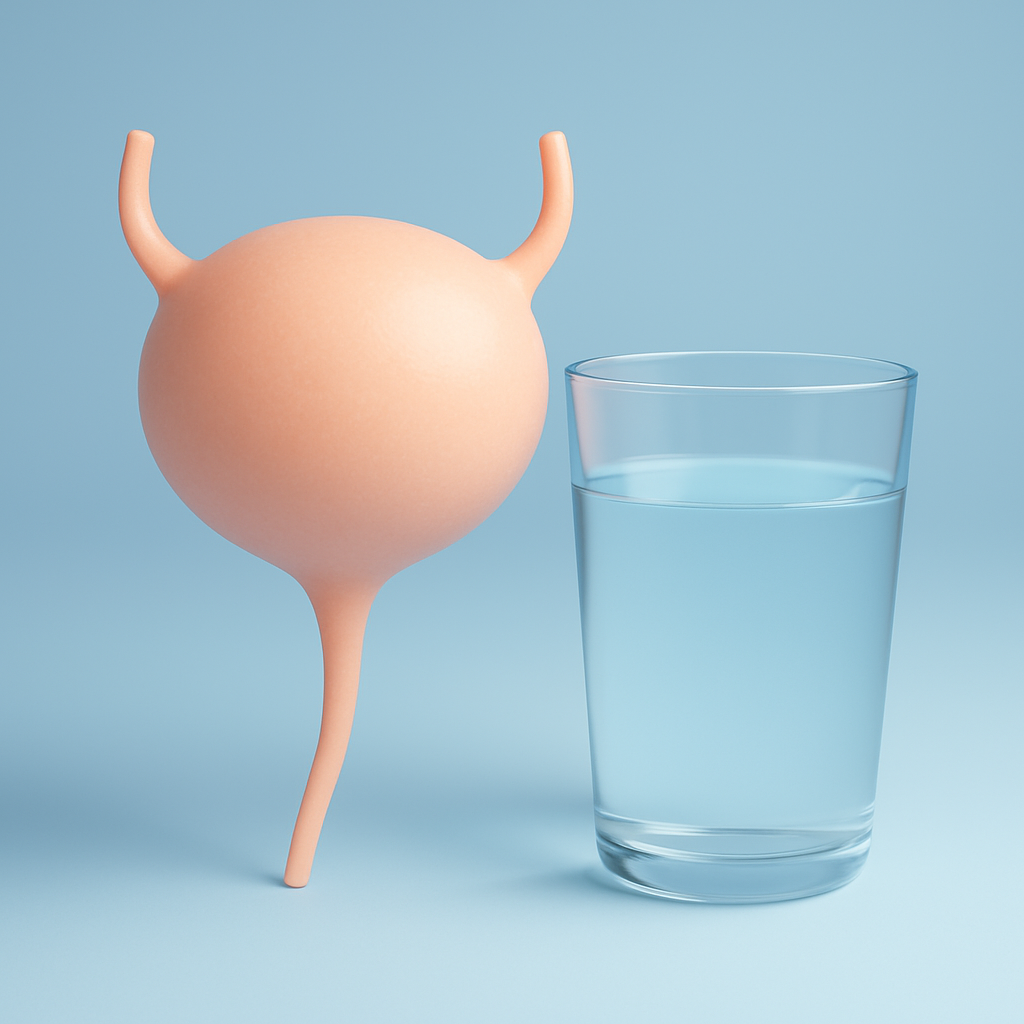Staying hydrated is often touted as essential for overall health, but one area where its importance is especially critical is urinary health. While we may take our kidneys and bladder for granted, these organs depend heavily on our fluid intake to function optimally. But what exactly is the connection between hydration and urinary health? Let’s explore the science and practical insights behind it.
The Role of Water in Urinary Function
The urinary system, made up of the kidneys, ureters, bladder, and urethra, is responsible for removing waste and excess substances from the bloodstream. Water is the primary medium through which this waste is flushed out of the body.
When you’re well-hydrated:
- Your kidneys are better able to filter toxins and excess salts.
- Urine becomes diluted, which helps prevent the buildup of harmful substances.
- The bladder gets regularly emptied, reducing the risk of infections.
Conversely, when you don’t drink enough water, your urine becomes concentrated with waste products and minerals. Over time, this can lead to kidney stones, urinary tract infections (UTIs), and even kidney damage.
Dehydration and Its Impact
Mild dehydration can start affecting urinary function more quickly than most people realize. Some signs that your body may not be getting enough water include:
- Dark yellow urine
- Infrequent urination
- A strong odor in urine
- A burning sensation while urinating
These are often early warnings that the kidneys are under stress. Chronic dehydration can also cause a reduction in kidney function over time, especially in older adults.
Hydration and UTIs
One of the most direct connections between hydration and urinary health is the role it plays in preventing urinary tract infections. UTIs are often caused by bacteria that enter the urinary tract and multiply. Drinking enough water helps flush out these bacteria before they can cause an infection.
For those who are prone to recurrent UTIs, increasing fluid intake is often one of the first recommendations made by healthcare professionals.
The Link to Kidney Stones
Kidney stones are hard deposits formed from minerals and salts that crystallize in concentrated urine. Staying hydrated dilutes urine and helps prevent these minerals from clumping together and forming stones. Studies have shown that people who maintain higher fluid intake are significantly less likely to develop kidney stones.
How Much Water Is Enough?
The common advice is to drink eight 8-ounce glasses of water a day, but individual needs vary depending on factors such as age, activity level, climate, and health conditions. A more personalized approach is to:
- Drink enough water so that your urine is light yellow or nearly clear.
- Increase fluid intake during hot weather, exercise, or illness.
- Pay attention to thirst—it’s your body’s natural signal that it needs more fluid.
Other Hydration Sources
While water is the best source of hydration, other fluids like herbal teas, clear broths, and water-rich fruits and vegetables also contribute. However, it’s wise to limit beverages that act as diuretics, such as caffeinated drinks and alcohol, as they can increase fluid loss.
Final Thoughts
Hydration and urinary health are deeply interconnected. Drinking enough water each day is one of the simplest yet most effective ways to support kidney function, reduce the risk of infections and stones, and maintain overall well-being. By listening to your body and making water a priority, you’re doing your urinary system—and your entire body—a big favor.

